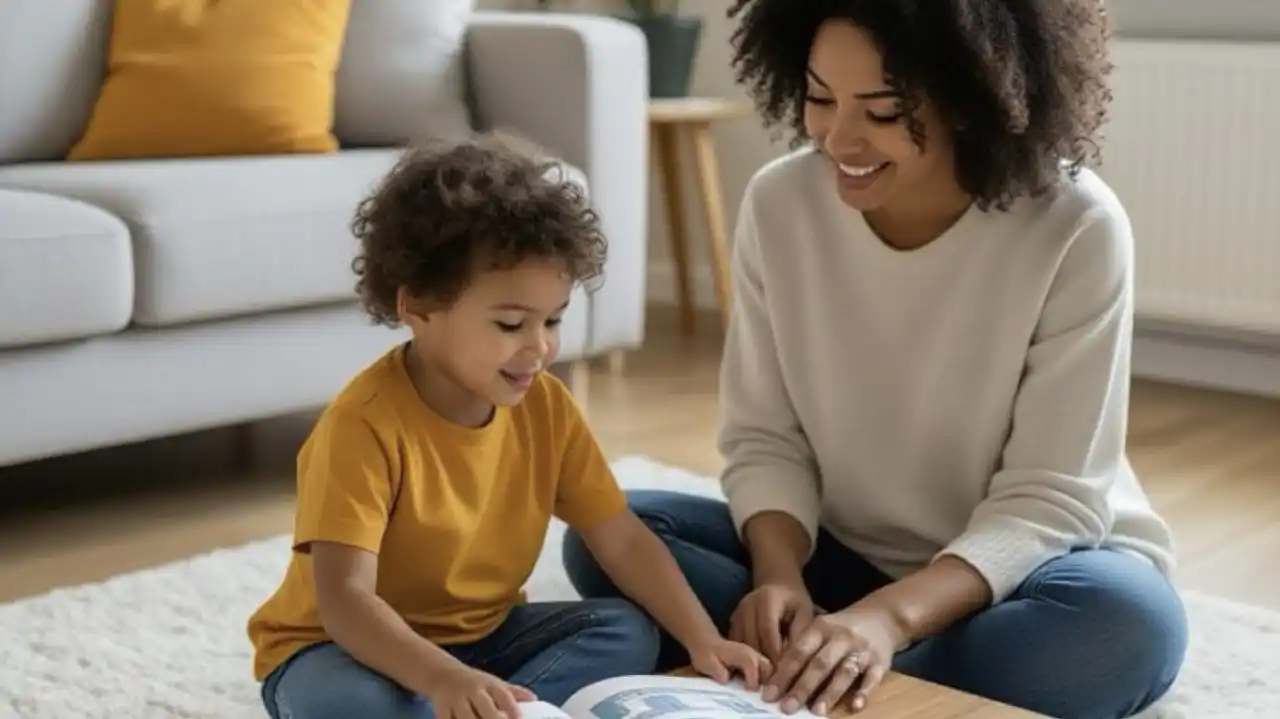
Fostering a Love for Learning: Conclusion
L
earning isn’t confined to school—it pulses through every grocery trip, muddy pot, or late-night story. A budget debate in the aisle, a shared chapter at bedtime—these moments raise children who don’t just study, but question, solve, and grow. You’re not feeding them facts; you’re handing them tools to untangle the world, from starry skies to breaking news to whirring gears. Each conversation, each small project, quietly says: knowledge matters, and wonder is worth chasing.
Picture them years from now—quick with a question, steady with a plan, hungry for the next puzzle. That spark won’t come from drills or grades, but from daily moments that light the way. You’re shaping kids who explore with curiosity, think with purpose, and adapt with creativity. They won’t wait to be taught—they’ll seek, build, and lead.
In the next chapter, we turn from curiosity to character. You’ll discover how to model intellectual growth yourself—showing children how to learn boldly, think critically, and stay open to new ideas. The best teachers, after all, are still learners.
Table of contents

Primordial Soup for the Mind: Navigation
Navigate the book Primordial Soup for the Mind.
Further Reading
- Bruner, J. S. (1960). The Process of Education.
- Duckworth, E. (2006). The Having of Wonderful Ideas: And Other Essays on Teaching and Learning.
- Engel, S. (2015). The Hungry Mind: The Origins of Curiosity in Childhood.
- Ryan, R. M., & Deci, E. L. (2017). Self-Determination Theory: Basic Psychological Needs in Motivation, Development, and Wellness.
- Gopnik, A. (2009). The Philosophical Baby: What Children’s Minds Tell Us About Truth, Love, and the Meaning of Life.
- Tough, P. (2012). How Children Succeed: Grit, Curiosity, and the Hidden Power of Character.
- Dewey, J. (1938). Experience and Education.



